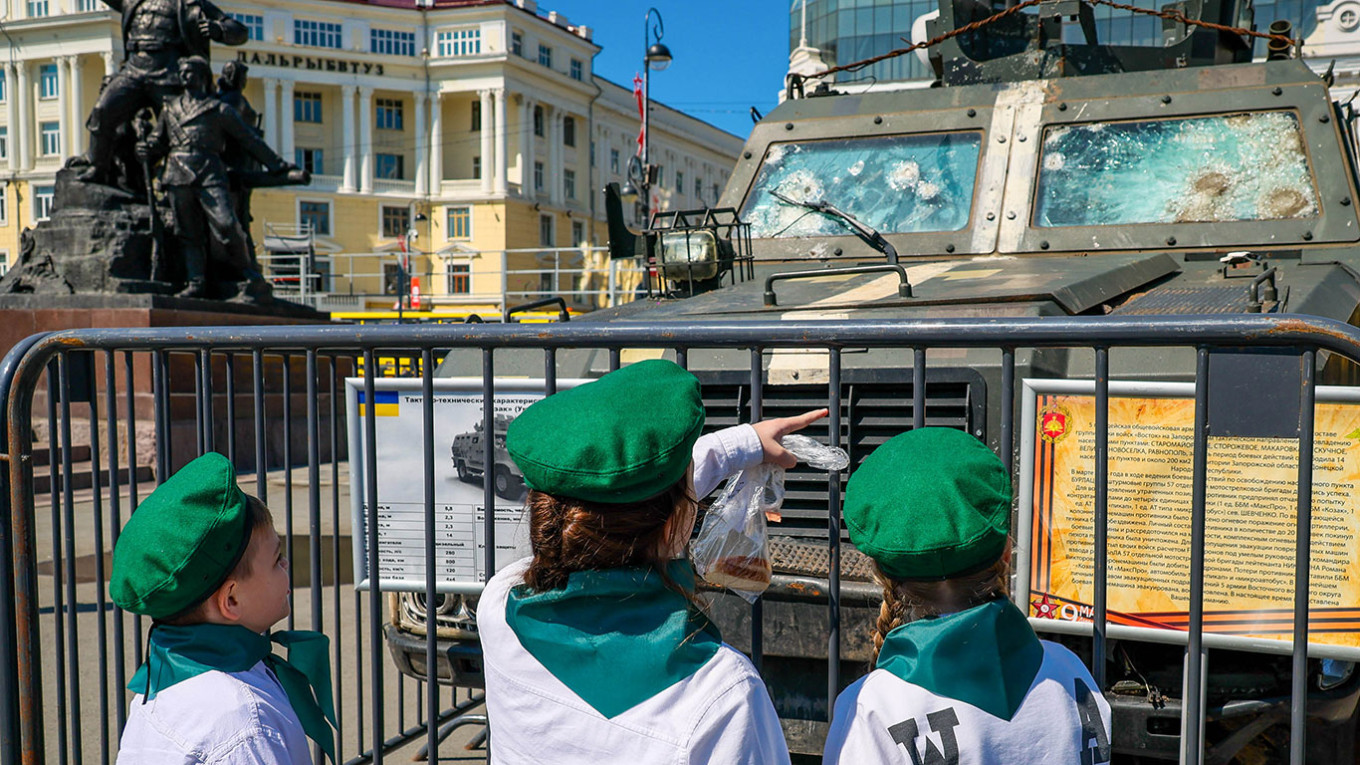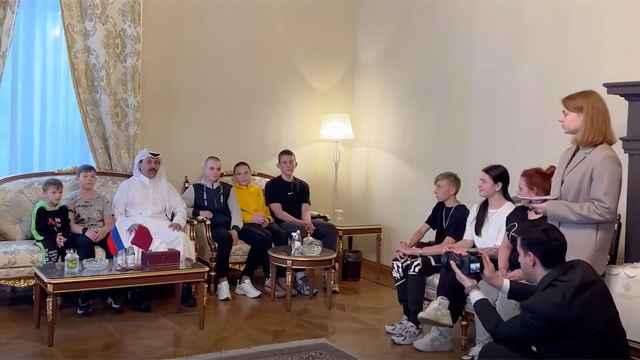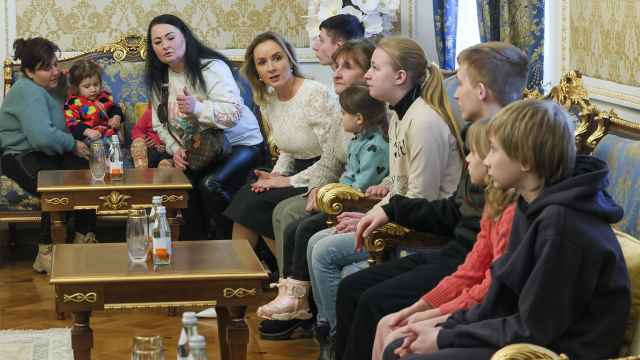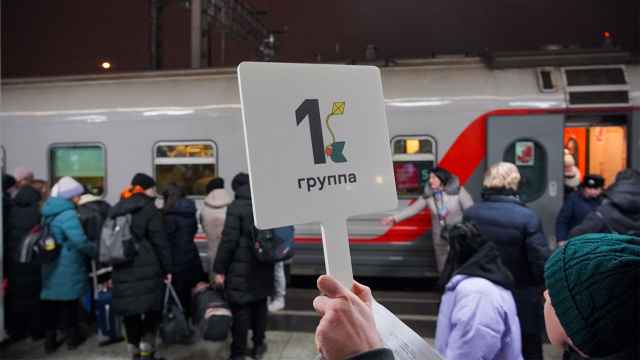Children of soldiers deployed to Ukraine are increasingly being classified as “at-risk” and removed from their homes to state-run orphanages and boarding schools, according to reports from officials in several Russian regions reviewed by the Sibirskiy Ekspress Telegram channel.
Olga Kazantseva, the children’s rights commissioner for the Altai region, warned of a “rise in indicators of family dysfunction” among families of those serving in Ukraine.
“Dozens of soldiers’ families are now registered with municipal commissions for juvenile affairs,” she told the regional parliament. “This is a serious issue requiring urgent attention to keep children with their families and address underlying causes.”
In the Zabaikalsky region, children’s ombudswoman Natalia Epova reported that soldiers’ children have been grouped into “special categories of adolescents” alongside orphans and minors from single-parent or dysfunctional households. Regional employment services there have helped 27 of these children find part-time work outside school hours.
In the republic of Buryatia, children’s rights commissioner Natalia Gankina said she had received more than 100 inquiries over the past three years concerning the rights of children whose relatives were taking part in the conflict.
Some of these children identified as needing support were temporarily placed in state institutions, she said.
Larisa Loskutova, the children’s ombudsman in the Tomsk region, identified parental involvement in the Ukraine war as a key factor contributing to prolonged placements of children in state-run facilities.
Nadezhda Manzyrova, a former children’s rights commissioner in the republic of Altai, confirmed the presence of soldiers’ children in state boarding institutions.
Boarding schools affiliated with regular schools are common in this region, where remote settlements often lack educational facilities and children live at their schools full-time.
In the Kemerovo region of Siberia, a report by children’s ombudsman Valentina Bogatenko detailed several cases of servicemen’s children being admitted to orphanages.
One involved the daughters of a contracted soldier placed in a social rehabilitation center after their mother sought assistance due to “difficult life circumstances.”
Another case concerned a child whose father was killed in Ukraine in 2022. The child’s mother, unable to work due to poor health, relied on a survivor’s pension while living in rented housing. Authorities helped enroll the child in preschool and provided targeted social support, according to Bogatenko’s report.
A Message from The Moscow Times:
Dear readers,
We are facing unprecedented challenges. Russia's Prosecutor General's Office has designated The Moscow Times as an "undesirable" organization, criminalizing our work and putting our staff at risk of prosecution. This follows our earlier unjust labeling as a "foreign agent."
These actions are direct attempts to silence independent journalism in Russia. The authorities claim our work "discredits the decisions of the Russian leadership." We see things differently: we strive to provide accurate, unbiased reporting on Russia.
We, the journalists of The Moscow Times, refuse to be silenced. But to continue our work, we need your help.
Your support, no matter how small, makes a world of difference. If you can, please support us monthly starting from just $2. It's quick to set up, and every contribution makes a significant impact.
By supporting The Moscow Times, you're defending open, independent journalism in the face of repression. Thank you for standing with us.
Remind me later.






